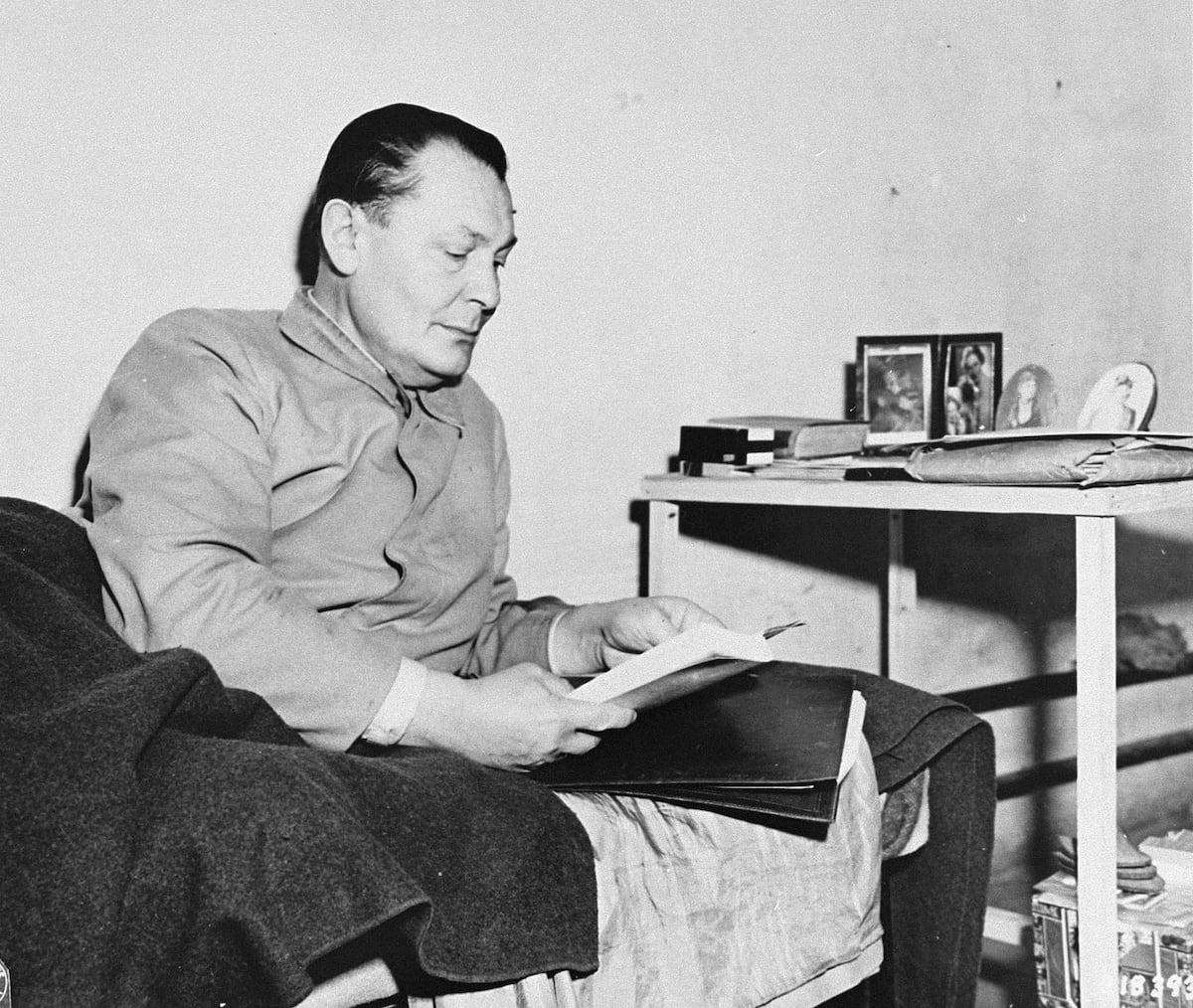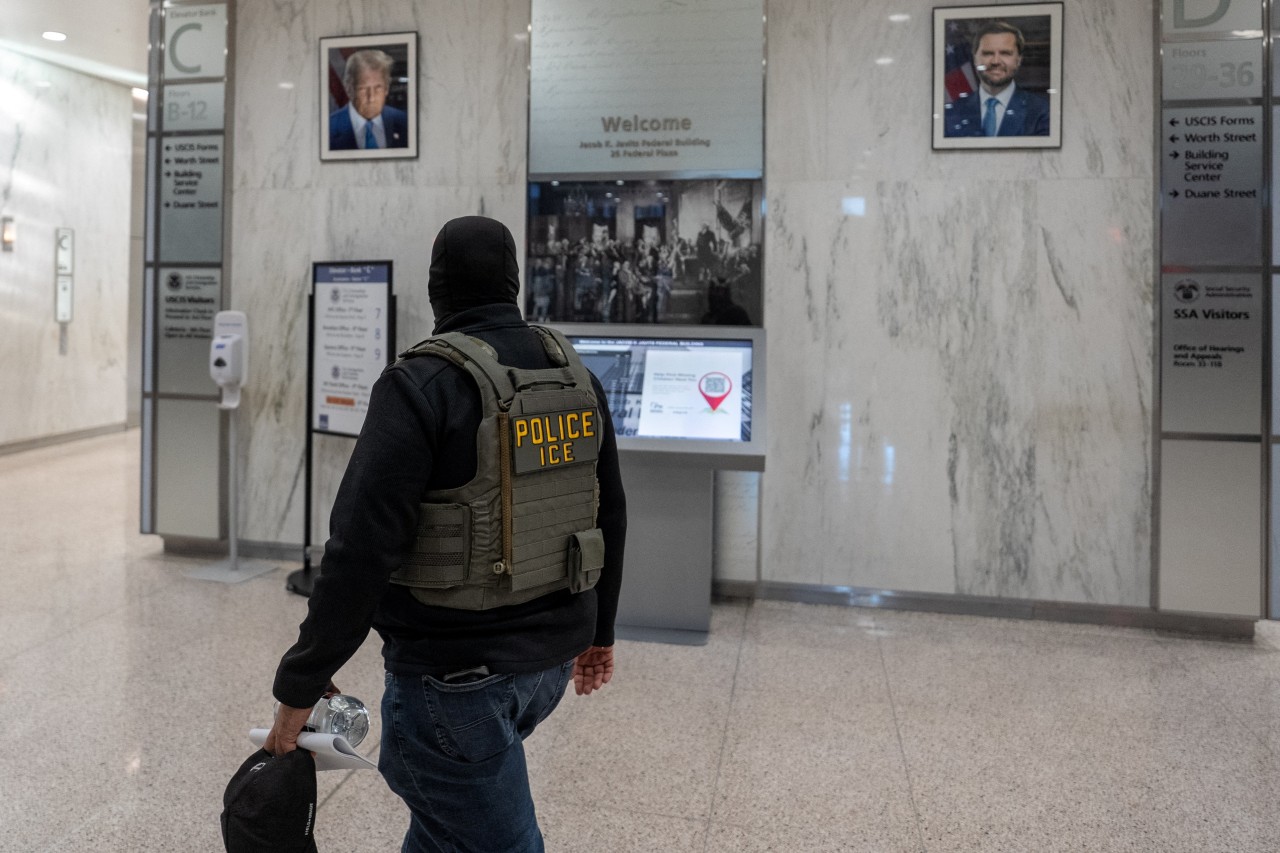A recently uncovered interview from July 25, 1945, sheds new light on the strategic thinking of Hermann Göring, the infamous Reichsmarschall of Nazi Germany. The conversation between Göring and Major Kenneth W. Hechler, part of the U.S. Army Europe’s Historical Division, took place while Göring was held at Prisoner of War Camp No. 32, nicknamed the “Ashcan.” This interview, overlooked for over six decades, provides a rare glimpse into the Nazi leadership’s perceptions of the United States and the Soviet Union during a critical period of World War II.
Göring, notorious for his larger-than-life persona, was not just a caricature to Allied satirists; he was a complex figure in Nazi Germany, having been awarded the esteemed Pour le Mérite during World War I. On May 8, 1945, he surrendered to American forces, expecting to be treated as a diplomatic representative of a defeated regime. Instead, he found himself stripped of his military honors and confined in a prison camp, an experience that marked a significant shift in his status from a powerful leader to a prisoner.
During the interview, Göring expressed his awareness of American military potential, particularly its industrial capabilities. He stated, “I told Hitler, I consider it a duty to prevent America going to war with us,” acknowledging the United States’ significant economic and technical resources. He also noted that Hitler underestimated the likelihood of American intervention due to the nation’s experiences in World War I, suggesting that Hitler believed the past would discourage U.S. involvement.
In response to questions about American war potential, Göring indicated that he believed the U.S. could mobilize an air force more rapidly than an army. He expressed concerns about America’s technical advancements, warning that the Nazis needed to conclude their campaigns in Europe quickly to avoid a prolonged conflict with the United States.
The interview reveals Göring’s perspective on critical military decisions, including Germany’s declaration of war against the U.S. Following the attack on Pearl Harbor, he noted that Hitler felt compelled to act, even though Germany was not obligated by treaty to support Japan. Göring reflected on the decision with regret, suggesting that it was unnecessary and only added to Germany’s burdens.
Göring’s insights into Nazi strategic planning highlight a crucial moment in history, when the leadership grappled with the realities of a two-front war. His commentary on the German military’s underestimation of American shipbuilding capabilities and the rapid expansion of the U.S. Merchant Marine illustrates how miscalculations contributed to the downfall of Nazi ambitions.
As the Nuremberg Trials commenced in November 1945, Göring faced charges of war crimes and crimes against humanity. He presented a defense that was at times eloquent but ultimately ineffective. His claims of ignorance regarding the horrors of the Holocaust were met with skepticism, especially as evidence of Nazi atrocities was presented in court.
On October 1, 1946, Göring was found guilty on all counts and sentenced to death by hanging. In a dramatic twist, he evaded execution by ingesting potassium cyanide just hours before his scheduled hanging. His remains were cremated at Dachau, and his ashes were disposed of in a trash can, marking the end of a controversial life.
The rediscovery of this interview not only enriches our understanding of Göring but also serves as a reminder of the complexities within the Nazi regime. As historians continue to analyze this material, it offers a deeper insight into the decision-making processes that shaped the course of World War II and the eventual downfall of Nazi Germany.







